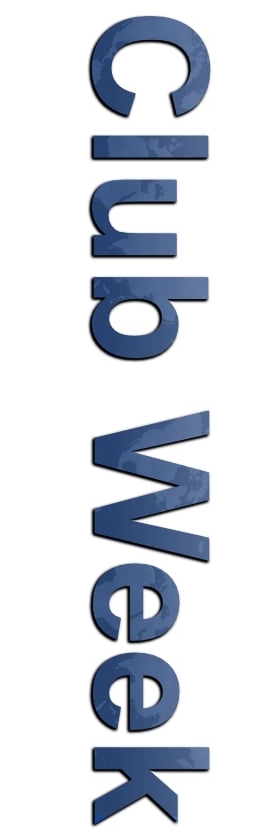Club Week is a multipurpose, week-long event. While the primary goal is to contact other clubs and exchange QSL cards, this uniquely designed on-the-air event serves many additional purposes.
- Provides opportunities to set up in public spaces and engage with the community
- Promotes activity across all ham bands
- Encourages conversations between operators
- Helps new hams overcome mic fright and gain confidence
- Is a great event to introduce newly licensed hams and technicians to the the exciting world of HF
Unlike a contest, Club Week does not involve earning points or submitting logs to NARA. Instead, it’s a relaxed and engaging event where clubs can operate from a club shack, a member's home, a park, or any public location. Clubs are encouraged to organize additional activities to make the most of this opportunity. Participants should be prepared to send and respond to QSL cards, which provides additional opportunities to engage and teach new hams.
General Guidelines
The event officially begins on Saturday, November 1st, and runs through Saturday, November 8th. However, you might hear people calling CQ Club Week the weekend before, which makes this a awesome 9-day event! This is not a contest and rag-chewing is encouraged, participants may use any band they are licensed to operate on. A list of recommended frequencies will be published closer to the event. CW operation is encouraged, and we will split our recommended frequencies into two groups: one for slower and new CW operators, and another for those who are more advanced. Digital operation is certainly possible, but since this event is designed to foster voice and conversations, modes that support conversations are encouraged. Spotting and the use of social media are encouraged—both on the day of the event and to promote your club prior to the event.
Suggested Exchanges
Club Week is all about making contacts, having great conversations, and helping new operators feel more confident on the air. We suggest keeping each QSO between 3 to 7 minutes—just enough time for a fun and meaningful chat! For new operators, check out our website for a list of handy questions to ask. For those more experienced, just let the conversation flow naturally! Some great things to share during your QSO include:
- Your club's call sign
- Your name
- Your city and state
- A brief description of your day ("It’s a crisp fall day, the leaves are beautiful, and we’ve had lots of visitors stopping by.")
Whatever the exchange, if you chose to use a RST Report, the report should be delivered in log form. ("you are perfectly readable and you have strong signals. I'd give you a 58!".) Practicing this during Club Week helps new hams understand the meaning of RST numbers while keeping them engaged on the air a little longer.
Recommendations
Club Week is set to be a busy and exciting time with plenty of opportunities to get on the air. To help you make the most of this on-the-air event, here are some ideas and recommendations:
Update Your Club’s QRZ Page & Register on Our Website.
Ensure your club’s QRZ page is up to date, or register on our website so other clubs can easily find your contact details and exchange QSL cards. Better yet—do both!Stock up on QSL Cards.
Once you start receiving them, plan a club night to fill them out together. This is a great way to showcase incoming cards and teach newer hams about the QSL process!Make Your Event Public & Engaging.
As a NARA member, you have access to flyers and promotional materials to help spread the word about your event and amateur radio. Consider setting up in a local park or public space, just like you would for Field Day, to attract more interest.Partner with Local Organizations.
There are many groups in your community that might be interested in collaborating. Reach out to scouts, youth groups, Rotary Clubs, PTAs, Boys & Girls Clubs, schools, and other service organizations to create meaningful connections.
 National Amateur Radio Alliance
National Amateur Radio Alliance